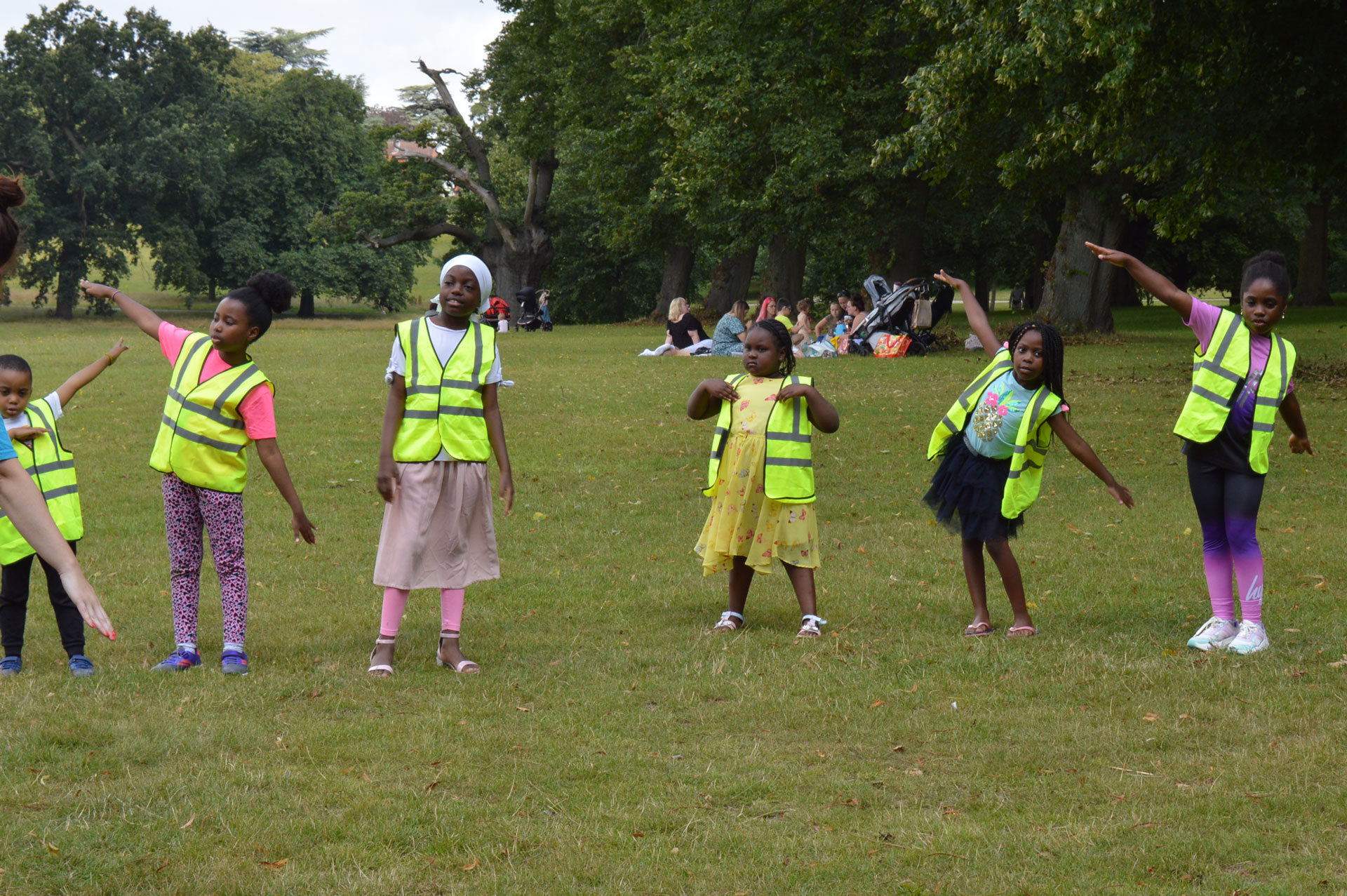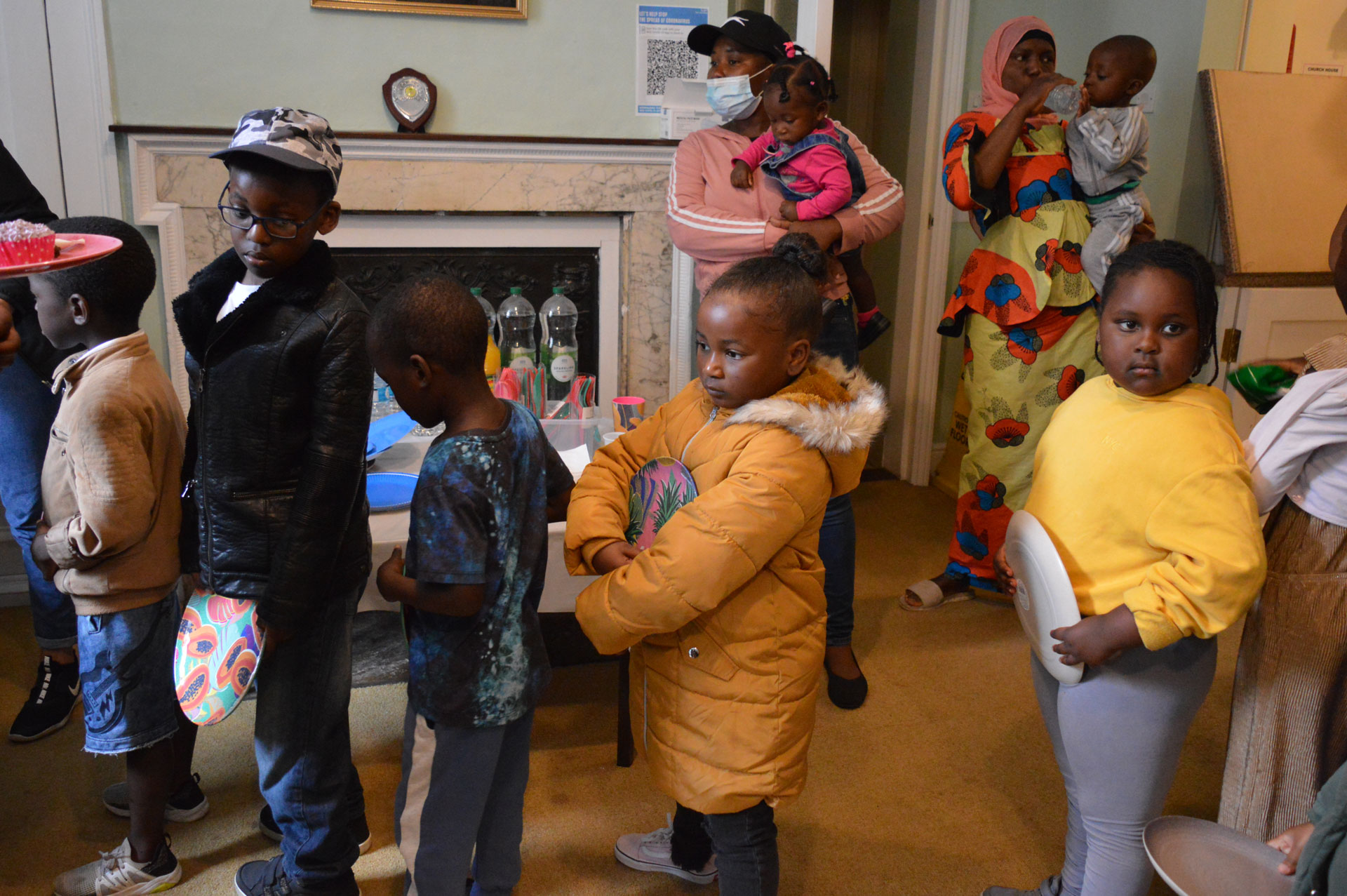Violence Against Women and Girls (VAWG)
PROGRAMME


What is VAWG?

We follow the UN definition which describes violence against women as:
‘any act of gender-based violence that results in, or is likely to result in, physical, sexual or psychological harm or suffering to women, including threats of such acts, coercion or arbitrary deprivation of liberty, whether occurring in public or in private life.’
Violence against women and girls (VAWG) is a fundamental human rights violation, affecting around one in three women and girls around the world.
Women and girls experience violence and discrimination in every society, simply because of their gender.
Millions of women and girls face many forms of violence throughout their lives, including rape, sexual exploitation, female genital mutilation (FGM), human trafficking, modern slavery/servitude and early and forced marriage.
Survivors of violence often experience a myriad of challenges, from psychological and physiological distress which may include, Post Traumatic Stress Disorder (PTSD), suicidal thoughts and tendencies, self-harm, substance/drug abuse, and depression to injury, HIV, STIs and unwanted pregnancy
In the longer term, violence and the threat of violence can stop girls from going to school, from being able to choose if and who they marry, and from reaching their full potential.
Despite the Domestic Abuse Bill becoming law on April 30th, 2021, it still has significant gaps that mean not all women will benefit from the protection it provides. This is especially important for migrant women and those with no recourse to public funds (NRPF) who are at increased risk of violence and abuse.
That is why at Phoebe, we are committed to ending violence against Black, minoritised, and migrant women and girls in our community and beyond. We work with communities and stakeholders at all levels to prevent and respond to violence against women and girls and create sustainable, long – term change.
Violence Against Women and Girls (VAWG) encompasses a myriad of gender based violence which include but are not limited to:
- Domestic violence & abuse;
- Sexual violence (Inc. rape);
- Stalking;
- Prostitution & trafficking;
- Sexual harassment;
- Female Genital Mutilation (FGM);
- Forced Marriage;
- Honour Based violence (HBV);
- Sexual exploitation
VAWG as a human rights violation

Violence against women is both a consequence of and a cause of inequality between men and women. As well as being a health problem of epidemic proportions, it’s also constitutes a serial violation of fundamental human right and freedoms. As set out in the Universal Declaration of Human Rights, International Covenant on Civil and Political Rights (ICCPR) and International Covenant on Economic, Social and Cultural Rights (ICESCR) depending on the violation, it can deprive her rights to:
- health and physical and mental integrity;
- be free from torture, inhuman and degrading treatment; and
- to life.
There are also specific pieces of international legislation that protect a woman’s right to be free from violence.
- The UN Convention on the Elimination of All Forms of Discrimination against Women (CEDAW) defines how UN member states should define and act to stop discrimination against women.
- The Declaration on the Elimination of Violence Against Women (EVAW) which recognised that violence against women is widespread, that it comes from a historically unequal relationship between men and women, and that it is used as a mechanism to subordinate women. The Declaration called on UN member states to work together to eliminate an issue that is ‘an obstacle to the achievement of equality, development and peace’.
Intersectionality of VAWG
VAWG is more often than not a manifestation of and intersects with numerous cross-cutting issues such as poverty, mental health, racism, racism, immigration and more recently immigration.
VAWG, poverty and COVID-19
The outbreak of the COVID-19 pandemic has laid bare and exacerbated deep rooted inequalities in the society. Women particularly from BME and migrant backgrounds still bear the brunt of the effects of COVID-19 and the ensuring lockdown restrictions.
Due to loss of income by massive job cuts, reduction of work hours any BME women and girls were thrown in abject poverty, displacement and lack of stable housing making them vulnerable to numerous forms of VAWG.
The poverty that ensued as a result of women cascades to this day to low levels of education among girls from BME and migrant backgrounds, food insecurity and lack of access to the basic necessities of life.
VAWG and mental health
VAWG leads to and in some instances exacerbates mental health challenges. Survivors of VAWG are often left dealing with a myriad of challenges, such as Post Traumatic Stress Disorder (PTSD), suicidal thoughts and tendencies, self-harm, substance/drug abuse, self-isolation and depression.
VAWG and racism, inequality and discrimination
Racism and discrimination facilitates and perpetuates deep entrenched inequalities in the community. Women from BME communities continue to face discrimination on the basis of race, ethnic origin, immigration status and socio-economic status.
Racism excludes, segregates and differentiate people on the basis of their race. Women from BME backgrounds thus suffer multiple discrimination on the basis of their race, gender and in some cases immigration status, which cascades to policy and the conditions under which it is created and implemented. Society is thus stratified causing political, social and economic systems to operate in an exclusionary manner. This serves as a driver that sustains VAWG as women face structural and institutional discrimination from the very institutions and policy makers that are supposed to protect them.
VAWG and Immigration

BME women who are immigrants are extremely vulnerable to VAWG particularly when they are on a spousal visa and the spouse is subjecting them to intimate partner abuse. Women are thus tethered to spouses that subject them to psychological, financial, verbal and physical abuse.
Women who are considered “undocumented” are also at a heightened risk to VAWG as they are prime candidates for human traffickers for forced prostitution, sexual exploitation and modern slavery. Moreover, these women are hesitant to seek protection services and when they eventually do, they are confronted with discrimination and threats of deportation despite law and policy that prohibits such.
The new immigration regulations by the Nationality and Borders Act (NABA) also poses a substantial threat to the protection of women fleeing war and VAWG in their own countries of origin to the UK for protection. The severe limitations imposed by the NABA include the stipulation that, it is now illegal for someone who needs a visa to enter the UK to arrive in the country without one. Nationals of all refugee-producing countries must have a visa to enter the UK. This means that almost everyone who enters the UK to claim asylum will now technically be breaking the law, a crime which carries a maximum sentence of four years in prison.
This is a total regression the protection of women’s human rights, particularly those that are seeking protection against rife VAWG in their countries of origin.

Saying No to Violence Against Women and Girls (VAWG)

Phoebe aims to alleviate the socio-economic drivers that marginalise BME and migrant women and girls making them vulnerable to VAWG. These include unstable housing, mental health challenges, financial dependence on spouses/partners, social exclusion, immigration status, low education and lack of vocational skills to support oneself.
Major gaps remain in the provision of support services. These include services that are known to be effective in supporting women and children: outreach services which do not require women to go to a refuge; specialist services for minority ethnic women; services for women with complex needs such as problematic substance use or mental health problems; women with disabilities; those with learning difficulties; outreach projects for children or for older women; and funding to support children in shelters.
Do you need support?
JUST GET IN TOUCH

01473760966





